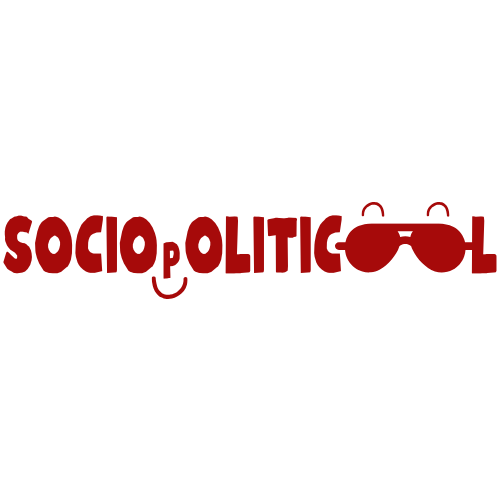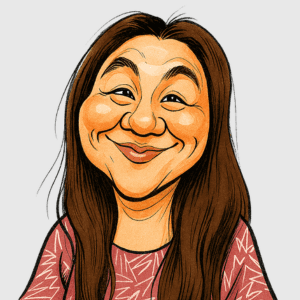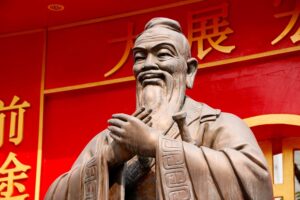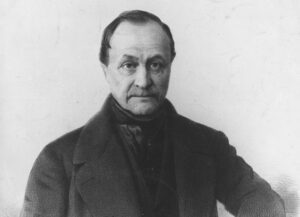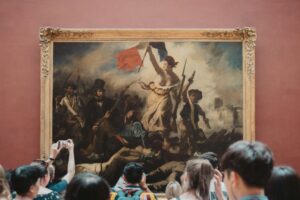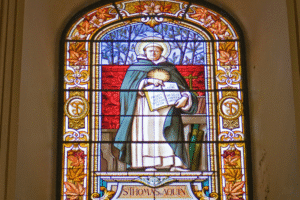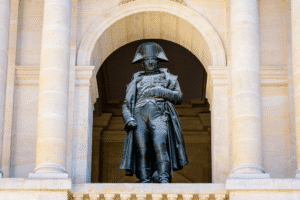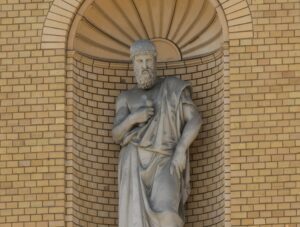If you are studying political science, you may find political theory to be an interesting subject because you will learn about the people who made great contributions to the field.
And some of them had disturbing ideas, like Niccolò Machiavelli. He said that leaders could lie, kill, and manipulate if the “good” methods don’t work.
The Machiavellians are people who believe in using cunning, manipulation, and pragmatism to achieve and keep power.
He is the political thinker I remember the most for that reason; I remember him more than Aristotle, who supported slavery.
But of course, the world years ago was very different from today. Maybe the ideas considered disturbing now were just okay back then.
Political Theory Is Political Philosophy
Political theory is just another name for political philosophy, so basically, it is the philosophy that focuses on politics.
It draws on logic and ethical theory to dissect political arguments, and it explores foundational concepts like justice, rights, and legitimacy.
Not All Political Theories Are the Same
Political theories can be normative, empirical, or critical. Let us discuss the differences between these three categories.
Normative Theories
Normative political theories are concerned with the values that should guide political institutions and public policies.
Normative theorists often formulate principles or models that policymakers can use to evaluate real-world systems.
Empirical Theories
Empirical political theories focus on observable facts.
So, they use statistical data, case studies, and historical analysis to describe and explain any political phenomena.
Their goal is clarity about cause and effect in politics.
Critical Theories
Critical political theories expose power dynamics and the political institutions and situations that create and reinforce inequalities
Public policies can create inequalities if they favor certain groups over others or distribute resources unfairly.
They draw on Marxism, feminism, postcolonial studies, and critical race theory, among others, to assess hierarchical power structures that normalize dominance and control over specific groups.
And then they advocate for emancipatory change.
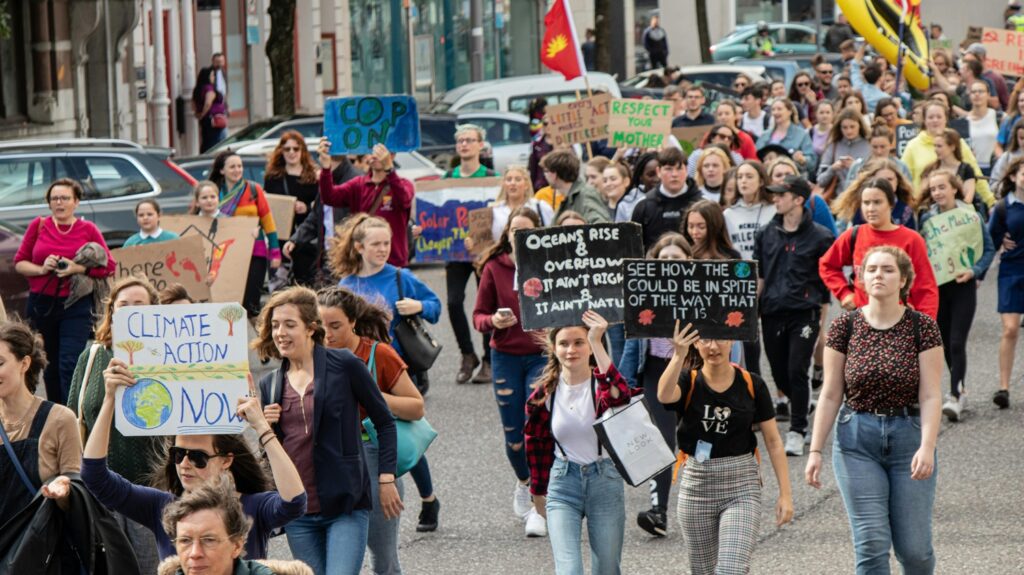
Why Political Theory Exists as a Branch of Political Science
Political theory is an important branch of political science, as it examines the fundamental principles underlying political systems and behavior.
It Examines the Core Aspects of Power
Political theorists examine how decisions are made: Who are the decision-makers? What are they trying to achieve? Who will benefit?
Anyone who can make decisions for others has power, so they particularly focus on the motivations of the decision-makers.
They may explore different views from political thinkers throughout history and compare their ideas to real-life situations today.
It Influences Constitutions, Laws, and Government Systems
Political theory helps lawmakers think deeply about how societies should be organized and what rules should guide them.
Is it okay to implement laws that bring out fear, following Niccolò Machiavelli? Or is it better to listen to Plato and find a “philosopher king” who will rule?
It Explains the Causes of Political Behaviors
Political theory analyzes political behavior, such as why people vote for certain leaders, follow laws, or rebel against governments.
It studies the beliefs, values, and interests that motivate political actions. It may use examples from history to make sense of it.
It Is the Origin of Many Political Movements
Political theory provides the vision and arguments that help people demand better laws, fairer treatment, and more freedom.
Think of feminism. Feminism is a political theory, but it is also a movement. Feminists fight for equal rights regardless of gender.
It Offers Tools for Comparing Different Political Systems
If you study political theory, you will analyze governments not just by their type, but by how they actually function and affect the lives of their citizens.
Comparative politics helps us see how different countries govern and learn better ways to run societies.
You will see why some governments are more stable or fair than others, and why certain countries struggle with corruption or conflict.
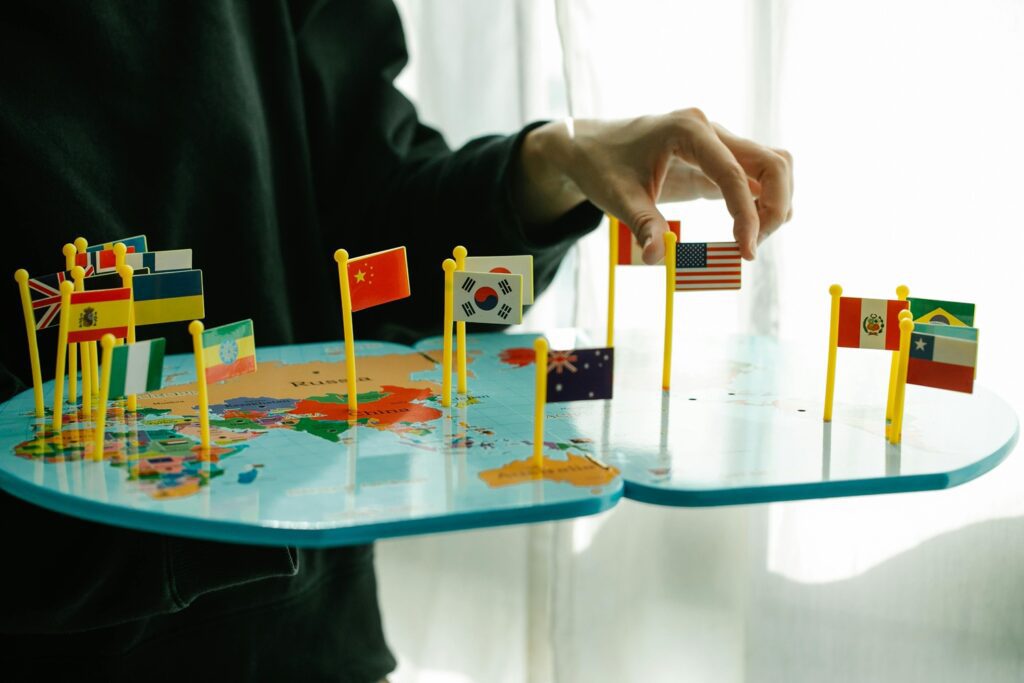
Most Influential Political Thinkers
Political theory has been shaped by many thinkers, whose ideas still resonate today. Below are some of those who made huge impacts.
Aristotle
Aristotle said that we are “political animals,” who need to be part of a community to reach our full potential.
A community must have some form of government that will provide structure.
Without it, we would struggle to fulfill our nature as rational and social beings.
He classified governments into rule of one, rule of few, and rule of many, all of which have correct and corrupt forms.
Jean-Jacques Rousseau
According to Jean-Jacques Rousseau, we are born good. It is societal inequalities that corrupt our goodness.
John Locke
John Locke said that we possess inalienable rights to life, liberty, and property, and governments exist to protect these rights.
If they fail to do so, then we have the right to revolt.
Karl Marx
For Karl Marx, economic structures determine political and social life.
He predicted that the proletariat (working class) would eventually overthrow the bourgeoisie (capitalist class) to establish a classless society.
The bourgeoisie also refers to the middle class, who earn money through business and trade.
This sought to end capitalist inequality by making production and power communal, eliminating class divisions.
Thomas Hobbes
In Thomas Hobbes’ social contract model, we surrender absolute freedom to an all-powerful sovereign in exchange for security and order.
Unlike later political theorists, he prioritized stability over individual liberty, arguing that only a strong state can prevent civil war.
Niccolò Machiavelli
“The end justifies the means” is the most popular phrase associated with Niccolò Machiavelli, which many leaders use to justify their wrongdoings.
In The Prince, he recommended the strategic use of fear. He wasn’t endorsing ruthlessness, but he thought that it may be necessary at times.
Immanuel Kant
Immanuel Kant brought moral philosophy into political theory by grounding rights in human dignity and rational autonomy.
His principle of universalizability supports laws that treat us, people, as an end, not a means. It means to respect our inherent worth as humans, not to use us as a tool to achieve goals.
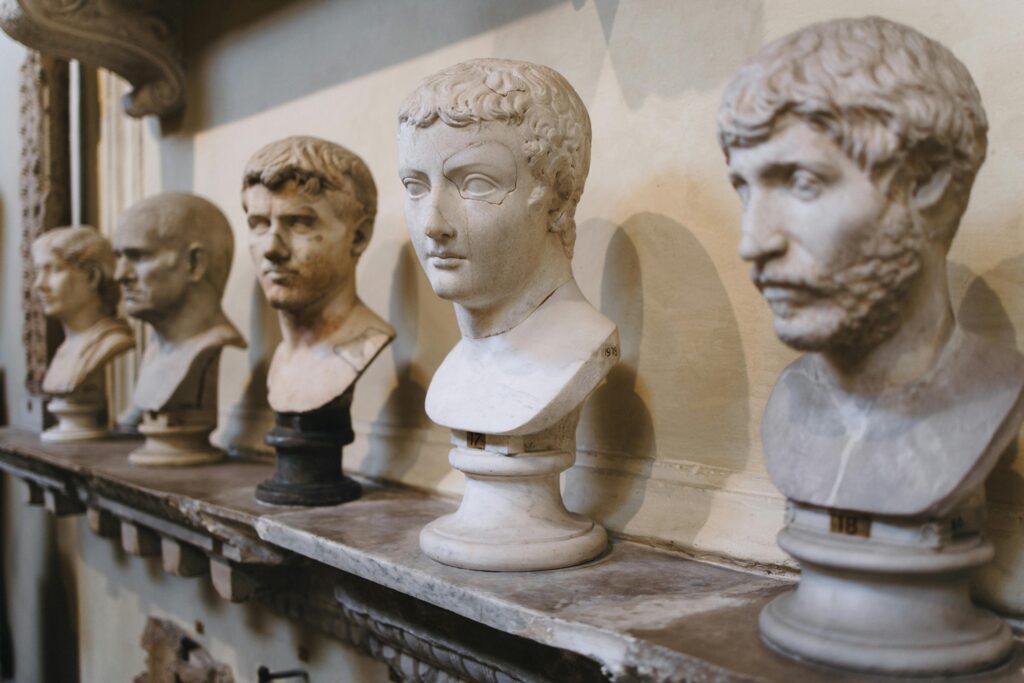
Political Theory Comes From Centuries of Philosophical Thinking
Political theory has evolved over time since Socrates, shaped by changing historical contexts and philosophical traditions.
Despite the shifts, political theorists across eras have consistently examined the ideas and values that underpin our governments and society.
This not only helps us understand current events but also reasonably critique systemic flaws and suggest possible fixes.
